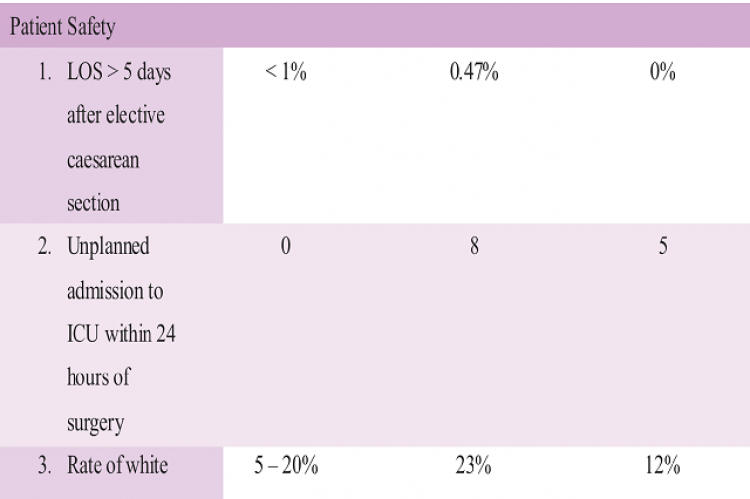Two studies were conducted. The first study was related to the quality Improvement culture survey where a pilot test was conducted in August 2012 with 100 staff responded. Reliability analysis test was conducted using SPSS and it was found reliable. The Cronbach’s Alpha between Quality Improvement culture with implementing and complying to policies and procedures was 0.7. However, the Crobach‘s Alpha based on standardized item, which employ the correlations among items, is 0.87. Two tailed t-test conducted, to find out the relationship between the dependent and independent variables was different from zero. Therefore the null hypothesis (H0) was rejected and we can conclude that the implementation of TQM in an organization has a positive impact on Quality Improvement culture (H1). The second retrospective study was conducted on the clinical indicators data for year 2008 before the hospital accreditation survey compared to year 2009 after the survey. Based on the data collected we can see clearly how the TQM process had improved the clinical compliances and business performances. Length of stay, unplanned admission to ICU within 24 hrs of surgery, rate of white appendix and percentage of myocardial infarction patients receiving thrombolytic therapy were better in year 2009.Waiting time for admission and discharged had shorten and there was a reduction of complaints for year 2009. Clinical and non clinical indicators reduced and the number of staff attending continuing education increased in year 2009. Indeed, the quality improvement culture has truly given impact on the entire organization of KPJ Seremban Specialist Hospital.
View:
- PDF (4.45 MB)


